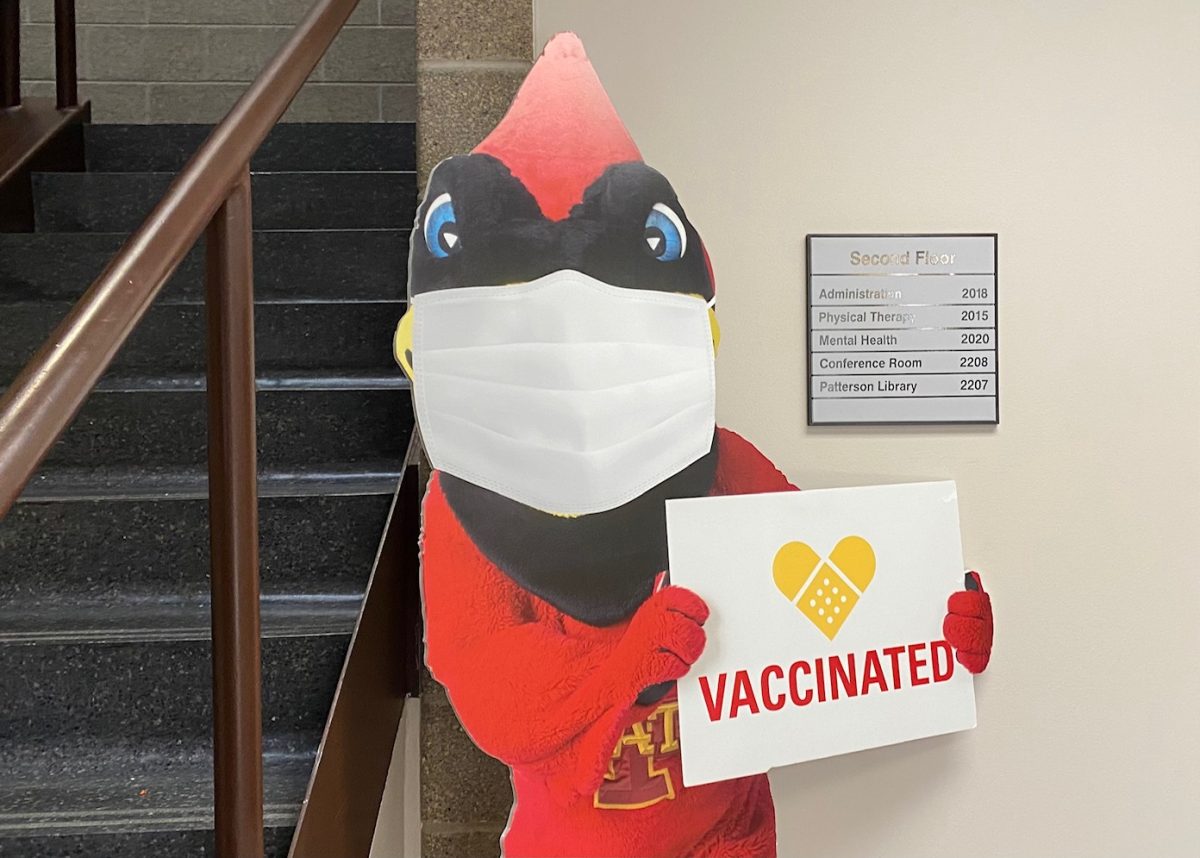Lightfoot ‘lies’ to mother and Iowa about cancer funds
October 8, 1998
In 1994, Congressman Jim Ross Lightfoot, by voting against funding for the National Institutes of Health(NIH), voted against the interests of Iowa State University and against what is best for the people of the United States.
Lightfoot was only one of 89 members of the House of Representatives who voted against funding for scientific research.
Fortunately, 399 members, both Republicans and Democrats, voted to continue NIH support.
NIH is responsible for research in the biological and medical sciences.
It has been estimated that for every dollar spent on biomedical research, $6 is returned to the United States in the form of taxes and advances in biotechnology and health sciences.
The preeminent position of this country in biomedical research is acknowledged; it is most visible in the number of Nobel Prizes we have won in physiology and medicine, and to a large extent in chemistry.
The practical effect of Lightfoot’s vote was to deny research results in the form of new and advanced treatments for people who desperately need help.
In addition, not to fund the NIH would not only have negatively impacted research on cancer, heart disease, Alzheimer’s disease, AIDS, etc., but it also would hurt institutions such as Iowa State and the University of Iowa.
Both schools depend to a great extent on NIH funding for their research programs and faculty excellence.
Before the 1994 election, Congressman Lightfoot appeared in a T.V. spot with his late mother.
With the congressman at her side, Mrs. Lightfoot said she was a recovering cancer patient and that her son would never vote against funding of cancer research.
As a congressman, if Lightfoot could lie to his own mother, can he really be expected to tell the truth to the people of Iowa as governor?
Herbert J. Fromm
Faculty
Biochemistry






